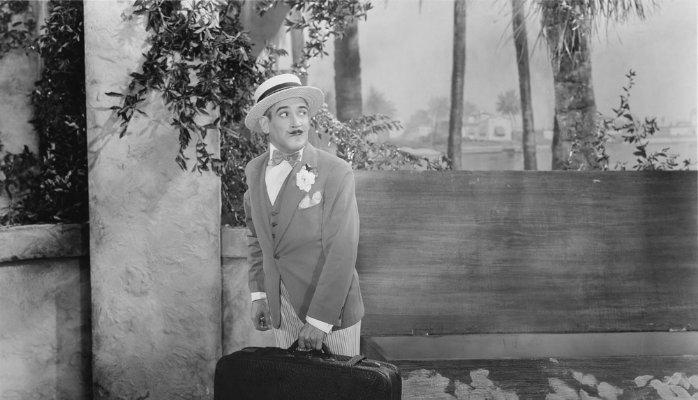When I first started out in my sales career, more years ago than I care to remember, I wouldn’t under any circumstance call myself a ‘salesperson’.
I had just finished university, with a degree in Arts tucked under one arm and a post graduate diploma in business tucked under the other. In my mind I was smart, hard-working and destined for greatness. Ready to climb to the upper rungs of the corporate ladder, no matter how far they were from the bottom rung I was about to occupy. I knew virtually nothing about business of course, but neither did Branson when he started out, at least that’s how I rationalised it.
Before writing this article, I searched high and low through dusty cupboards and desk drawers to track down some of my old business cards and here’s what I found, in no particular order …
- Client Executive
- Head of Business Partner Management
- Strategic Account Manager
- Channel Manager
- And most recently CEO.
You see, I told you, I’m not a salesperson. Despite the fact that in every role I’ve ever undertaken I carried a sales quota, provided forecast updates, closed deals, lost deal, sweated on deals and generally fulfilled all of the responsibilities of a sales person … I never once held a business card that specifically identified me as a salesperson.
The reason I didn’t want to be known as a salesperson in my early days was because of the stigma and negative stereotypes we all associate with salespeople. I refuse to list those stereotypes here because I don’t want to perpetuate them any further.
Suffice to say over the past 15-20 years of my career, I learned not just to accept, but actually to embrace the fact that above all else in business, I’m a salesperson. I came to that realisation around the same time I realised we’re actually all in sales, in one form or another.
An old sales leader of mine had an expression he liked to use, he’d say “you either work in sales or in support of sales”. He held the view that no matter your job title, your day-to-day duties or your pay grade, the work you did had a material impact on the company’s ability to operate efficiently and effectively. If you did your job well, the company ran smoothly and customers had a great experience. If you saw yourself simply as a tiny cog in a massive machine, unable to have a real impact, then the performance of the entire company would begin to suffer.
Daniel Pink, in his fascinating book To Sell is Human: The Surprising Truth About Moving Others, explores this concept further. As Pink explains: “Whether we’re employees pitching colleagues on a new idea, entrepreneurs enticing funders to invest, or parents and teachers cajoling children to study, we spend our days trying to move others. Like it or not, we’re all in sales now.”
By broadening the frame of reference of what constitutes selling, we begin to see just how frequently in our daily lives we attempt to influence, persuade or cajole others to support us or to follow our lead and just how critical this skill can actually be.
Don’t get me wrong, I’ve experienced all the negative perceptions and stereotypes first hand. I also understand the doubt and confusion that so many people experience when confronted with the need to sell something. I’ve witnessed first-hand countless small business owners, with great products or services and incredible work ethics, who fail in business through a complete inability to master the art of sales. Many of these people are frightened, confused or embarrassed to be seen as overtly selling. They feel it cheapens them or devalues their product or service, which they feel should somehow just sell itself. So they prevaricate, make excuses, throw money they can’t afford at marketing initiatives that are doomed to failure and then wonder what happened to their business?
I’m incredibly lucky in my role to work with lots of young salespeople, many of whom have recently embarked on long and hopefully successful careers. It’s imperative for me that they see their career choice as a positive one, one which will have a worthwhile and lasting impact on the customers they engage with, the employees who rely on them to keep the cash registers ringing and the community at large. I encourage them to embrace their sales career path as one of opportunity, creativity and a job which they can be justifiably proud of.
My name is Cian, I’m a husband, a father, a business owner … oh yeah and a proud Sales Guy!



Recent Comments